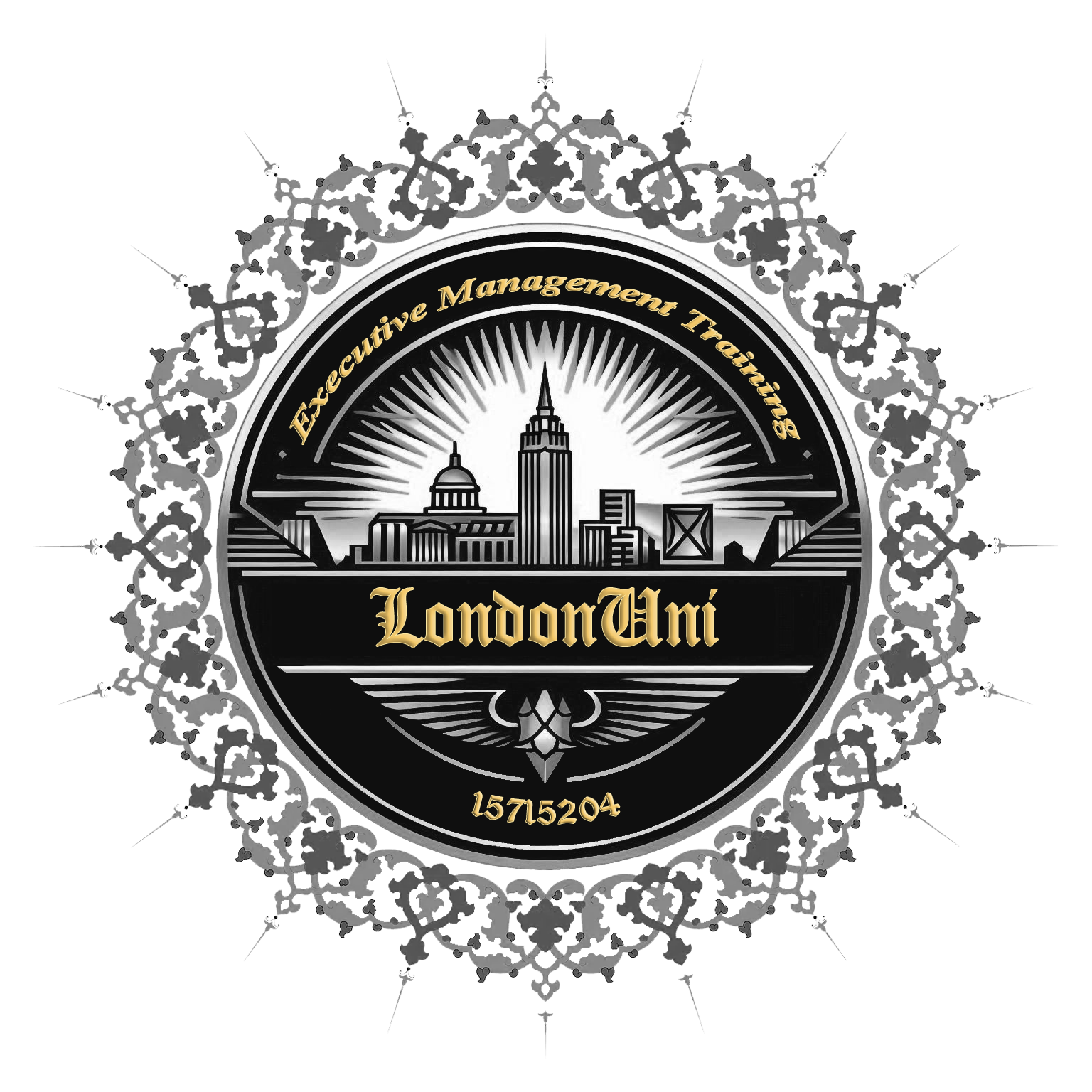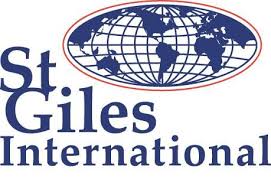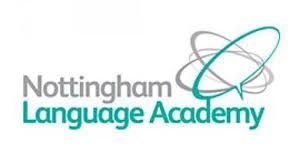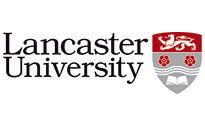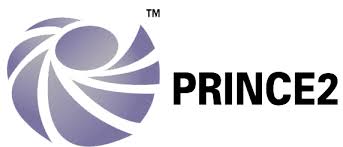
Project Communications, Risk, Procurement and Stakeholders Management (PMK Workshop 3) - Certified Program
Course ID: 2508257101238EGI
Course Dates : 25/08/25 Course Duration : 5 Studying Day/s Course Location: Dubai, UAE
Language: Bilingual
Course Category: Professional and CPD Training Programs
Course Subcategories: Leadership and Management Excellence
Course Certified By: * Projacs Academy
* Professional Training and CPD Programs
Certification Will Be Issued From :
KSA
Course Fees: £2,940.22
Vat Not Included in the price. VAT may vary depending on the country where the course or workshop is held.
Click to Pay
Date has passed please contact us Sales@e-s-hub.com
Course Information
Introduction
Effective project management is a cornerstone of organizational success, yet its complexity often stems from the intricate interplay of communication, risk mitigation, procurement strategies, and stakeholder engagement. These four domains are not merely isolated components but interconnected pillars that determine whether a project achieves its objectives or succumbs to inefficiencies. In industries ranging from construction and IT to healthcare and finance, the ability to manage these areas effectively can mean the difference between seamless execution and costly delays. For instance, consider the case of Boeing’s 737 MAX crisis, where miscommunication with stakeholders and inadequate risk assessment led to catastrophic consequences, underscoring the importance of mastering these competencies.
One of the key challenges in modern project management is bridging the gap between theoretical frameworks and practical application. While methodologies like PMBOK and PRINCE2 provide robust guidelines, professionals often struggle to adapt these principles to dynamic, real-world scenarios. Misaligned stakeholder expectations, poorly communicated risks, and inefficient procurement processes frequently derail even the most meticulously planned projects. This course addresses these gaps by equipping participants with actionable tools and techniques, grounded in established theories such as the Stakeholder Circle Model and the Risk Breakdown Structure (RBS), to navigate complex project environments confidently.
The benefits of mastering this course content extend beyond individual professional growth to encompass organizational resilience and competitive advantage. Professionals who excel in communication, risk management, procurement, and stakeholder engagement contribute to higher project success rates, reduced costs, and enhanced client satisfaction. Organizations, in turn, benefit from improved operational efficiency and stronger reputations. For example, companies like Tesla have demonstrated how effective stakeholder management and transparent communication can foster innovation while maintaining public trust during high-stakes ventures.
Incorporating insights from industry trends, this course emphasizes the growing importance of adaptability in an era of rapid technological advancement and global interconnectedness. The rise of remote work, for instance, has transformed traditional communication channels, necessitating new approaches to virtual collaboration and stakeholder engagement. Similarly, geopolitical uncertainties and supply chain disruptions have heightened the need for robust risk and procurement strategies. By addressing these contemporary challenges, the course ensures participants remain relevant and equipped to tackle future complexities.
Real-world examples further illustrate the practical applications of the course material. Consider the successful rollout of the London Olympics in 2012, where meticulous stakeholder management and proactive risk mitigation were instrumental in overcoming logistical hurdles and delivering a globally acclaimed event. Such case studies highlight the transformative potential of integrating communication, risk, procurement, and stakeholder management into cohesive project strategies.
Ultimately, this course serves as a bridge between foundational knowledge and advanced expertise, empowering participants to lead with confidence and precision. Whether you are a seasoned project manager seeking to refine your skills or a newcomer eager to establish a strong foundation, this program offers invaluable insights and tools to elevate your professional capabilities. Through a blend of theory, practice, and real-world application, it prepares you to navigate the multifaceted demands of modern project management successfully.
Objectives
By attending this course, participants will be able to:
Analyze stakeholder needs and expectations using frameworks such as the Stakeholder Circle Model to develop tailored engagement strategies.
Evaluate project risks systematically through tools like the Risk Breakdown Structure (RBS) and design mitigation plans accordingly.
Apply best practices in procurement management to optimize supplier relationships and ensure compliance with legal and ethical standards.
Implement advanced communication strategies to enhance team collaboration and address conflicts effectively.
Design comprehensive project management plans that integrate communication, risk, procurement, and stakeholder management elements.
Assess the impact of external factors, such as geopolitical events or market fluctuations, on project outcomes and adapt strategies proactively.
Synthesize lessons learned from case studies to propose innovative solutions for complex project challenges.
Who Should Attend?
This course is ideal for:
Project managers and team leaders responsible for overseeing end-to-end project delivery.
Procurement specialists and supply chain managers seeking to enhance their strategic contributions.
Consultants and advisors who assist organizations in improving project performance.
HR professionals tasked with fostering internal communication and stakeholder alignment.
Mid-level to senior executives aiming to strengthen their oversight of project portfolios.
These groups will find the course valuable as it addresses critical skill gaps in managing multifaceted projects while aligning with their professional responsibilities. The program is particularly suited for intermediate learners who possess foundational knowledge of project management principles and are ready to advance their expertise.
Training Method
• Pre-assessment
• Live group instruction
• Use of real-world examples, case studies and exercises
• Interactive participation and discussion
• Power point presentation, LCD and flip chart
• Group activities and tests
• Each participant receives a 7” Tablet containing a copy of the presentation, slides and handouts
• Post-assessment
Program Support
This program is supported by:
* Interactive discussions
* Role-play
* Case studies and highlight the techniques available to the participants.
Daily Agenda
The course agenda will be as follows:
• Technical Session 08.30-10.00 am
• Coffee Break 10.00-10.15 am
• Technical Session 10.15-12.15 noon
• Coffee Break 12.15-12.45 pm
• Technical Session 12.45-02.30 pm
• Course Ends 02.30 pm
Course Outlines
Foundations of Project Communication and Stakeholder Engagement
Principles of effective project communication.
Identifying and prioritizing stakeholders using the Stakeholder Circle Model.
Developing stakeholder engagement plans.
Overcoming barriers to communication in multicultural teams.
Day 2:
Risk Management Frameworks and Tools
Introduction to risk management lifecycle.
Conducting qualitative and quantitative risk assessments.
Building a Risk Breakdown Structure (RBS).
Strategies for risk response planning and monitoring.
Day 3:
Procurement Management Essentials
Overview of procurement processes and terminology.
Supplier selection criteria and evaluation methods.
Contract types and their implications for project success.
Ensuring compliance with legal and ethical procurement standards.
Day 4:
Integrating Communication, Risk, and Procurement
Aligning communication strategies with risk and procurement goals.
Managing cross-functional teams during procurement negotiations.
Case study analysis: Lessons from successful integration efforts.
Role-playing exercises to simulate real-world scenarios.
Day 5:
Advanced Applications and Future Trends
Leveraging technology for enhanced project management.
Adapting to emerging risks in a globalized economy.
Best practices for continuous improvement and knowledge sharing.
Final group presentations and feedback session.






